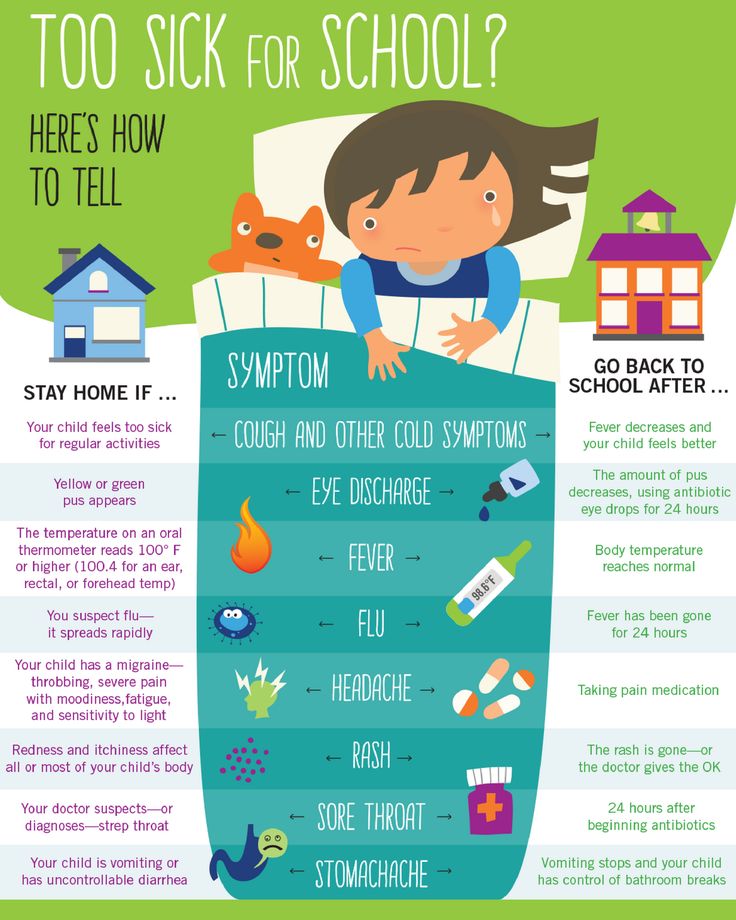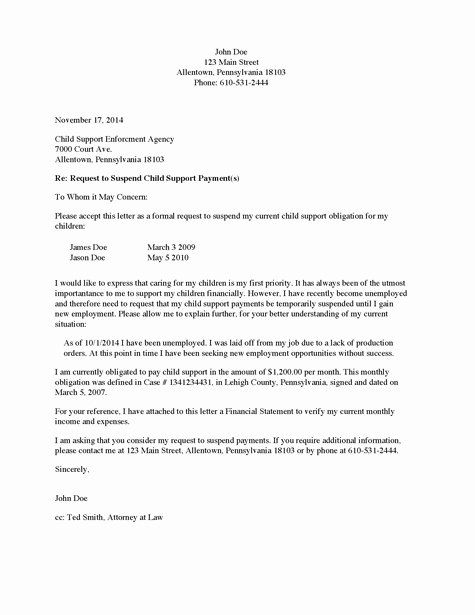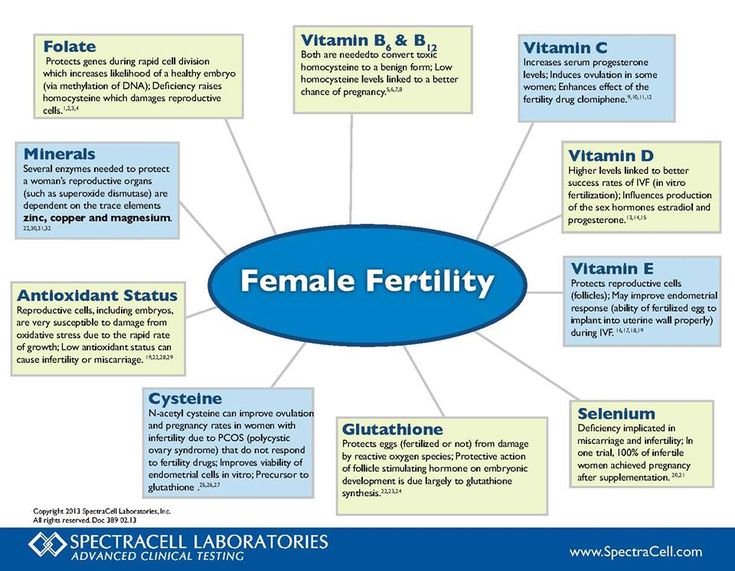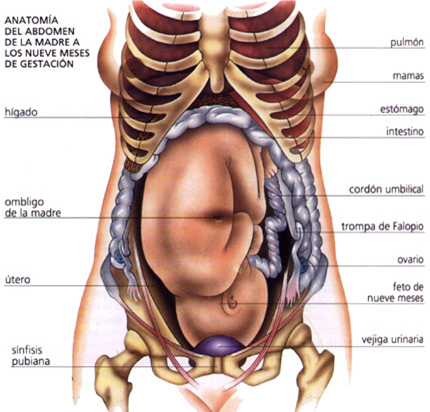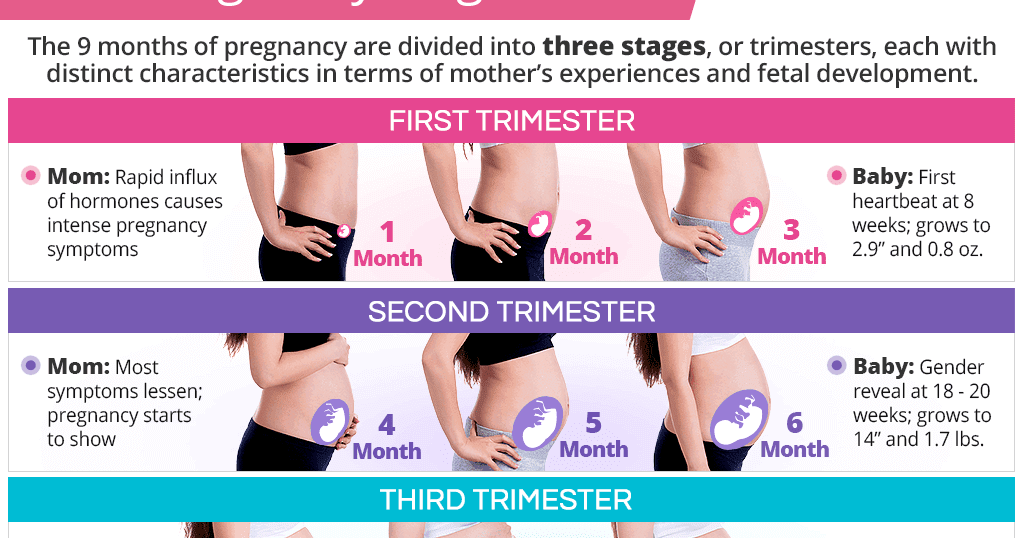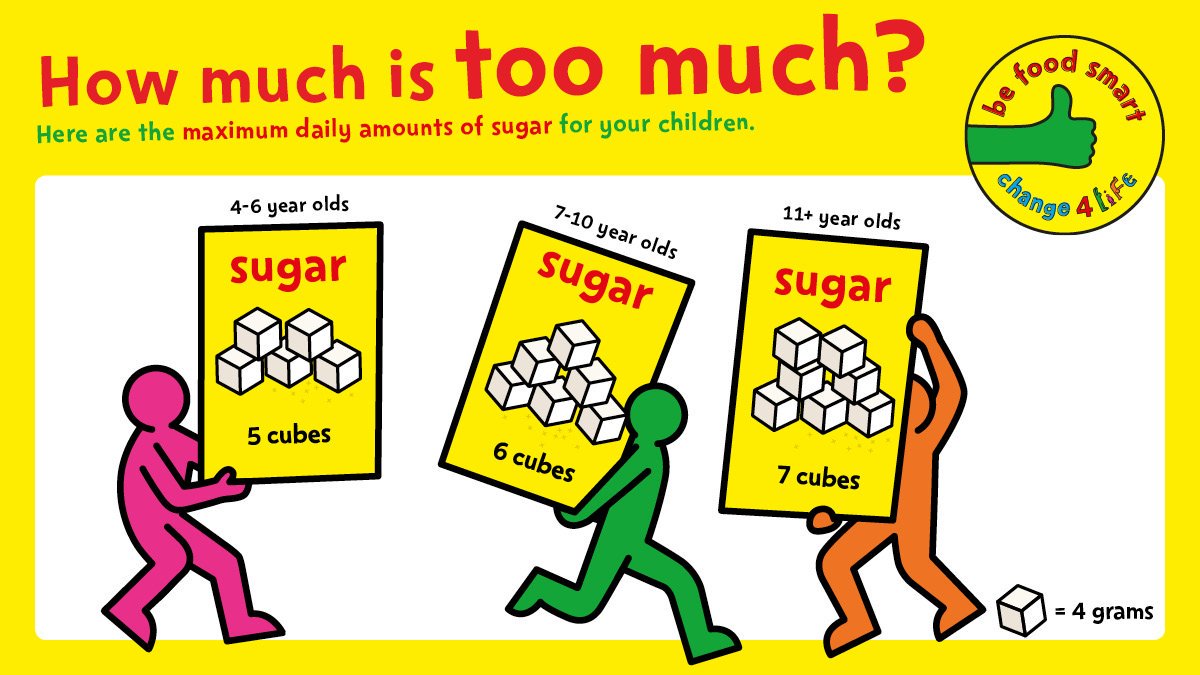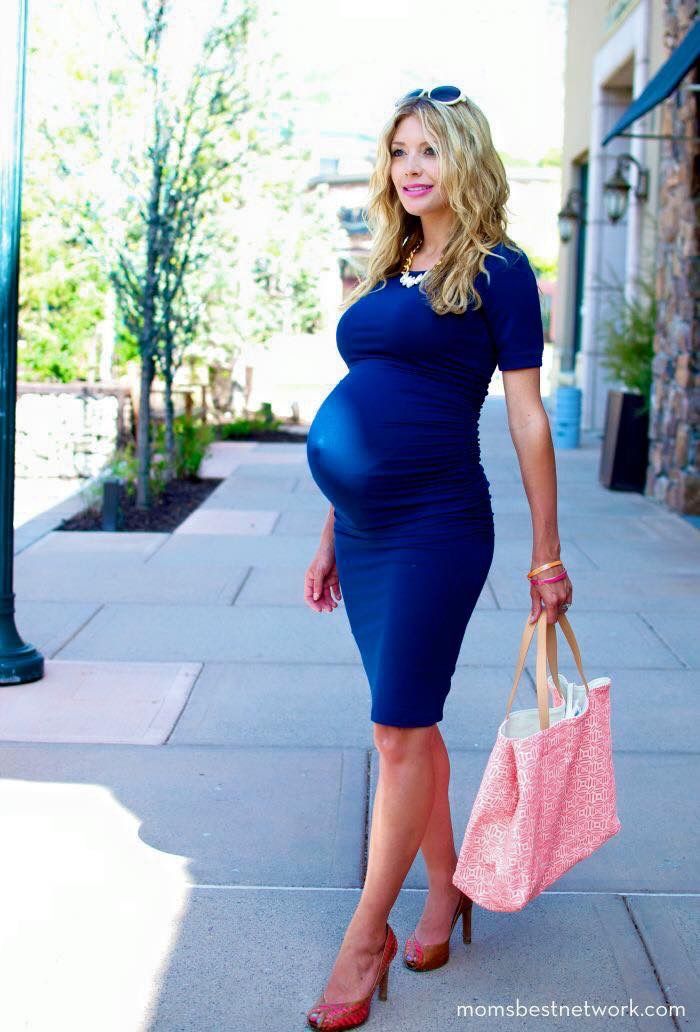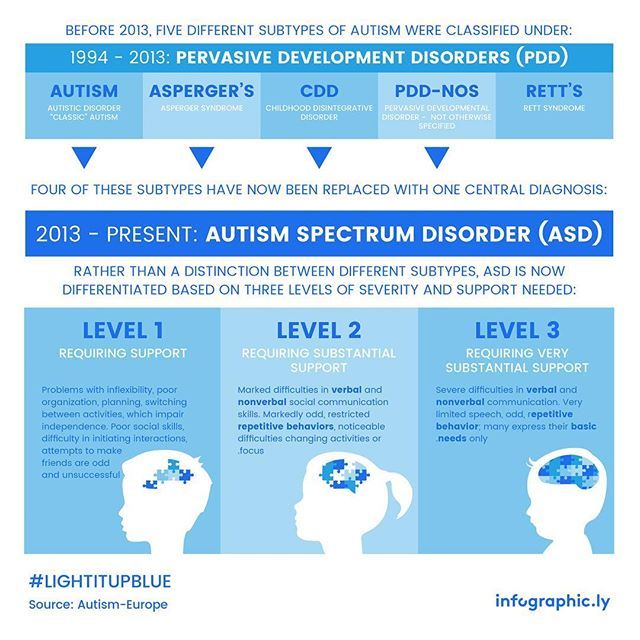How to tell if your child is sick
How to tell if your child is sick
How to tell if your child is sick | Pregnancy Birth and Baby beginning of content4-minute read
Listen
It is not always easy to know what to do if your child is sick. When should you keep them away from day care or preschool? When should they stay indoors or in bed if they have a cough? When should you take them to the doctor?
When should I call an ambulance?
In some situations, it is clear that you need to take your child to the doctor, for example after an accident or when an illness causes worrying symptoms such as difficulty with breathing.
You should call an ambulance if your child:
- is very drowsy or unresponsive
- has high-pitched, weak or continuous crying
- has difficulty breathing or unusual breathing
- has pale, mottled or blue skin
- has a fit or seizure
- has a bulging fontanelle (soft spot on top of their head)
- has a rash that doesn’t fade after you press the child’s skin
When should I go to the emergency department?
You should go to the nearest hospital emergency department if your child:
- is less than 3 months old and has a fever
- is not feeding well
- is vomiting frequently or vomiting green fluid or blood
- has pain that pain relief medication doesn’t help
- develops a lump or swelling
- stops breathing for more than 15 seconds
- has a severe headache
- is complaining that light hurts their eyes
- is drinking less than half the normal amount and not passing some urine every 6 hours
How to tell if your child is sick
Your best guide to your child’s state of health is their behaviour. Children who look, behave and act more or less normally are unlikely to be very ill.
A healthy child will generally have a good appetite and get a full night's sleep. They will also have plenty of energy and natural curiosity in their surroundings and generally act appropriately for their age.
The will also have plenty of energy and natural curiosity in their surroundings and generally act appropriately for their age.
A sick child may:
- be fretful or listless, or irritable when disturbed
- cry readily and not be easily comforted
- lose interest in playing or is unusually quiet and inactive
- be unusually quiet and inactive
- not want to eat
- feel hot to touch
- look tired and flushed or pale
- complain of feeling cold
Common symptoms and when to see your doctor
Fever: Fever itself is not harmful. The infection causing the fever is often viral and needs rest and fluids, but sometimes it is bacterial and antibiotics are needed.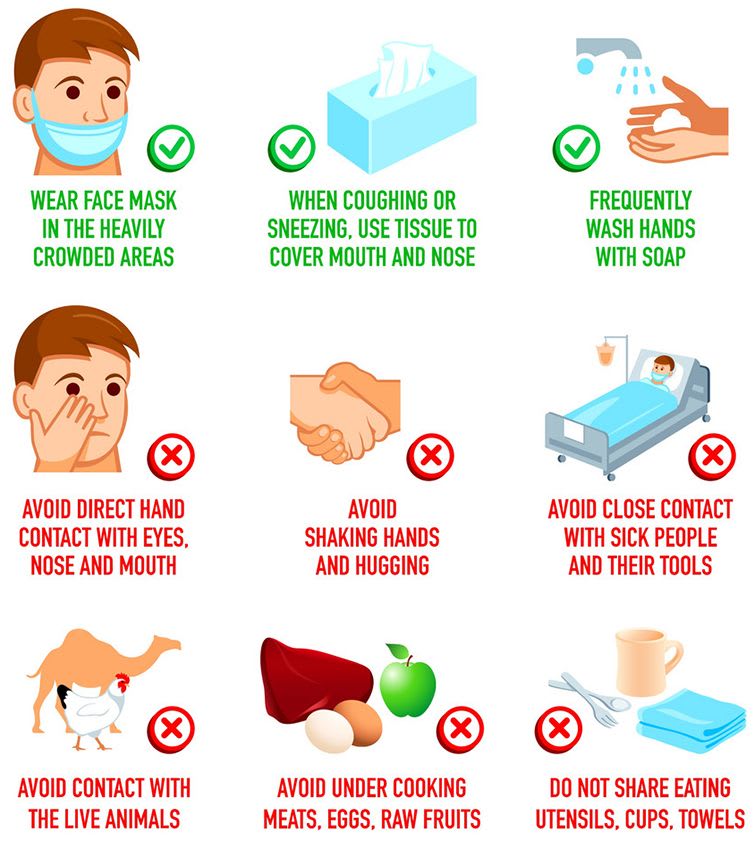 A baby under 3 months with a fever over 38°C is an emergency and they should be taken to an emergency department straight away as the cause of the fever is often hard to find and other signs of illness may be difficult to detect.
A baby under 3 months with a fever over 38°C is an emergency and they should be taken to an emergency department straight away as the cause of the fever is often hard to find and other signs of illness may be difficult to detect.
Vomiting: Vomiting is a common reaction to bodily upsets, which may or may not be serious in the absence of other symptoms.
Diarrhoea: The loss of fluid through repeated watery poos can cause dehydration in young babies, which can be dangerous.
Pain: If your child has pain in the abdomen, throat, ears or muscles, or when passing urine, they need to see the doctor.
Rash: Rashes, which are very common in children, may be due to an infectious diseases such as a viral infection, or an allergic reaction to medicine or to something that they ate or touched. Try to find out the cause, which may require medical treatment.
Many rashes are due to minor infections and are not serious. If your child has a purple rash that does not fade with pressure, you should take your child to a doctor urgently.
If your child has a purple rash that does not fade with pressure, you should take your child to a doctor urgently.
Headache: If the headache lasts for a long time, or comes and goes, or your child has a stiff neck, they need to see the doctor.
Things to remember
- If your child is eating, behaving, sleeping and playing normally, they are not likely to have much wrong with them.
- If your child is fretful, listless, cranky, lethargic, hot, pale or flushed, it is a good idea to take them to the doctor.
- The most common symptoms of childhood illness are fever, vomiting, diarrhoea, pain, rash, cough and headache. If your child has one or more of these symptoms, it is a good idea to take them to the doctor.
Sources:
Raising Children Network (Serious childhood illnesses: 0-3 years), Queensland Government (When your child is sick), Sydney Children's Hospital Network (Recognition of serious illness in children)Learn more here about the development and quality assurance of healthdirect content.
Last reviewed: March 2021
Back To Top
Need more information?
Epiglottitis in babies, children & teens | Raising Children Network
Epiglottitis is a serious condition that affects children’s windpipes. If your well child suddenly develops breathing problems, get emergency medical help.
Read more on raisingchildren.net.au website
Information about non-vaccination | Sharing Knowledge about Immunisation | SKAI
If you choose not to vaccinate your child, they will be more likely to catch a range of infectious diseases that can be serious
Read more on National Centre for Immunisation Research and Surveillance (NCIRS) website
Influenza or flu: children & teenagers | Raising Children Network
Influenza is a viral illness, often mild in children. Flu symptoms include runny nose, sore throat and muscle aches. You can usually manage flu at home.
Flu symptoms include runny nose, sore throat and muscle aches. You can usually manage flu at home.
Read more on raisingchildren.net.au website
How your baby's immune system develops
Learn how your baby's immune system develops and how breastfeeding and vaccinations help protect babies from serious illness.
Read more on Pregnancy, Birth & Baby website
Colds in kids & teens: how to treat them | Raising Children Network
A cold can make your child feel miserable. There’s no cure, but you can treat cold symptoms so your child feels more comfortable. Fluids are important.
Read more on raisingchildren.net.au website
Headache in children and teenagers | Raising Children Network
Children often get headaches, and you usually don’t need to worry.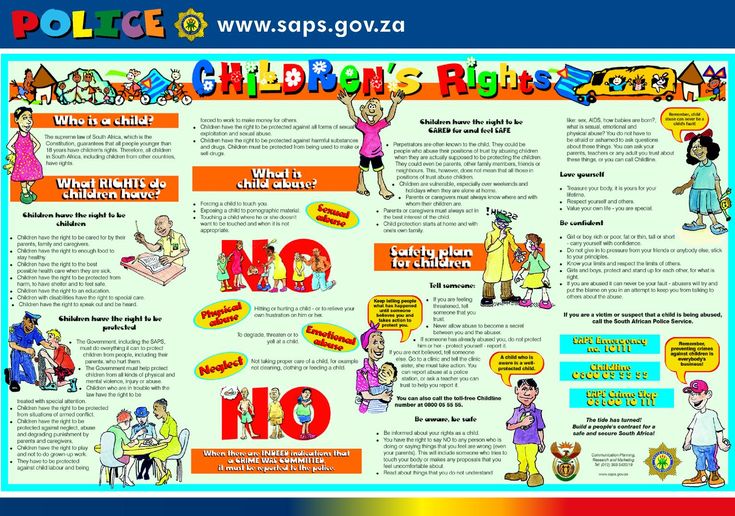 But see a GP if your child gets a sudden, bad headache that hurts most when he wakes up.
But see a GP if your child gets a sudden, bad headache that hurts most when he wakes up.
Read more on raisingchildren.net.au website
Croup & stridor: babies & children | Raising Children Network
If your child has a barking cough, hoarse voice and stridor (noisy breathing), they might have croup. Most children with croup don’t need special treatment.
Read more on raisingchildren.net.au website
Choosing my team | Sydney Children's Hospitals Network
If you were employing a tradesman like a painter in your house, would you accept the quote of the first one you see? Most people would do their research and ask around, and get several quotes and more information to help them decide on the painter that is best for them
Read more on Sydney Children's Hospitals Network website
Urinary tract infection in children | Sydney Children's Hospitals Network
Urinary tract infections (UTI) are common in children
Read more on Sydney Children's Hospitals Network website
Sleep Tips for Children
1. Establish a regular sleep pattern. Regular hours of sleep are important. It will help your child understand when it is time to sleep. Also, your child will have better sleep. Bed time shouldn't vary by more than an hour between school and non-school nights. The same goes for the time your child wakes up. 2. A con
Establish a regular sleep pattern. Regular hours of sleep are important. It will help your child understand when it is time to sleep. Also, your child will have better sleep. Bed time shouldn't vary by more than an hour between school and non-school nights. The same goes for the time your child wakes up. 2. A con
Read more on Sleep Health Foundation website
Disclaimer
Pregnancy, Birth and Baby is not responsible for the content and advertising on the external website you are now entering.
OKNeed further advice or guidance from our maternal child health nurses?
1800 882 436
Video call
- Contact us
- About us
- A-Z topics
- Symptom Checker
- Service Finder
- Linking to us
- Information partners
- Terms of use
- Privacy
Pregnancy, Birth and Baby is funded by the Australian Government and operated by Healthdirect Australia.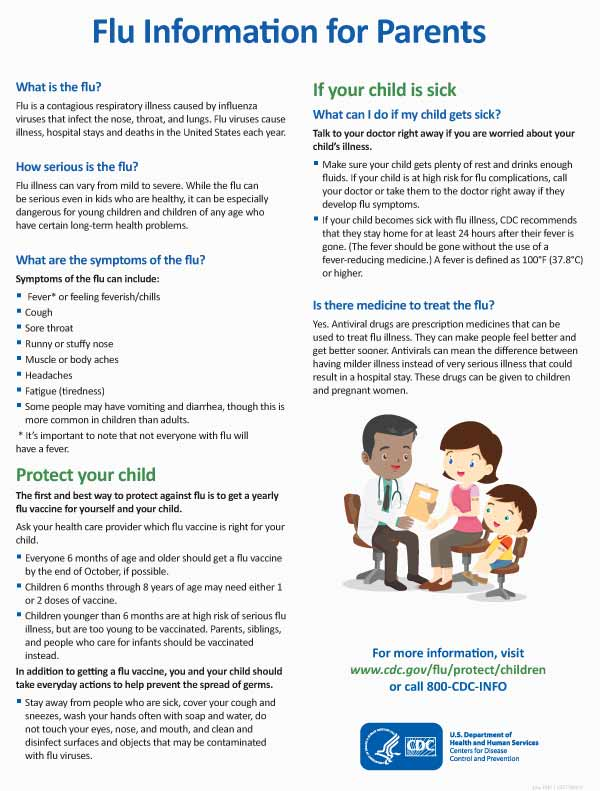
Pregnancy, Birth and Baby is provided on behalf of the Department of Health
Pregnancy, Birth and Baby’s information and advice are developed and managed within a rigorous clinical governance framework. This website is certified by the Health On The Net (HON) foundation, the standard for trustworthy health information.
This site is protected by reCAPTCHA and the Google Privacy Policy and Terms of Service apply.
This information is for your general information and use only and is not intended to be used as medical advice and should not be used to diagnose, treat, cure or prevent any medical condition, nor should it be used for therapeutic purposes.
The information is not a substitute for independent professional advice and should not be used as an alternative to professional health care. If you have a particular medical problem, please consult a healthcare professional.
Except as permitted under the Copyright Act 1968, this publication or any part of it may not be reproduced, altered, adapted, stored and/or distributed in any form or by any means without the prior written permission of Healthdirect Australia.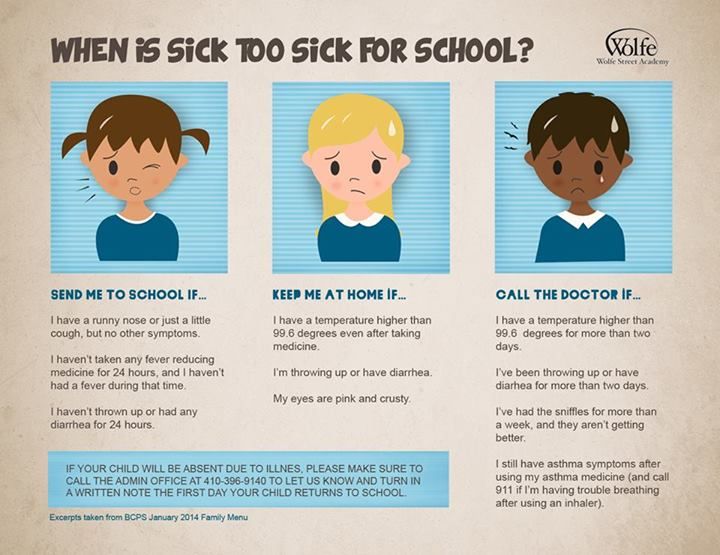
Support this browser is being discontinued for Pregnancy, Birth and Baby
Support for this browser is being discontinued for this site
- Internet Explorer 11 and lower
We currently support Microsoft Edge, Chrome, Firefox and Safari. For more information, please visit the links below:
- Chrome by Google
- Firefox by Mozilla
- Microsoft Edge
- Safari by Apple
You are welcome to continue browsing this site with this browser. Some features, tools or interaction may not work correctly.
Sick Child Basics | Riley Children's Health
When your child is sick, it is natural to worry – especially when you are a first time parent. It is sometimes difficult to know when your child is seriously ill, when is the right time to call the doctor, and what are the best ways to make sure your child recovers as quickly and as comfortably as possible.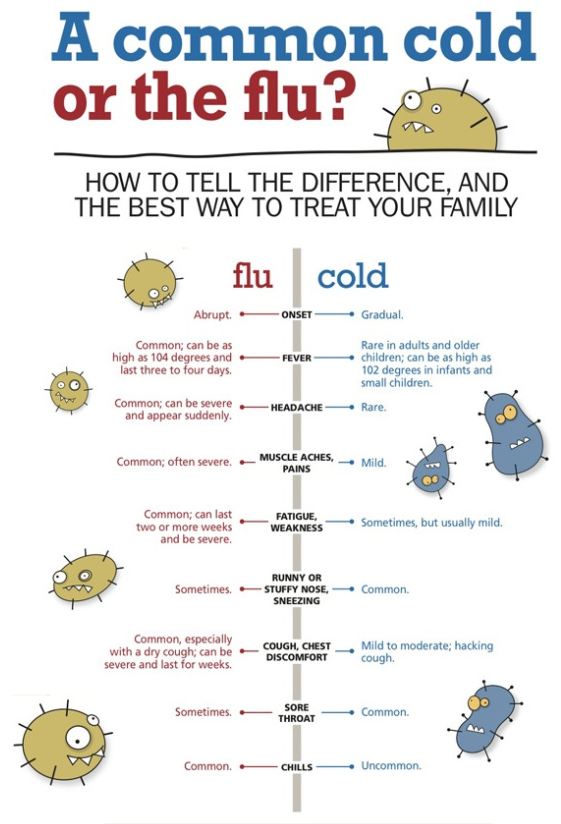
Remember, your child’s doctor is always happy to answer your questions, and would rather have you call and ask questions, than wonder and worry.
Below are some helpful tips to help you navigate your child’s illnesses as you care for them at home.
Checking for Signs of Serious Illness
If your baby is less than 3 months of age, it’s particularly important to call their doctor immediately or go to the emergency room for a temperature higher than 100.4° F, excessive fussiness, excessive sleepiness, refusal to eat, and/or coughing.
When your child is sick, he or she may have a fever. A fever is a body temperature that is higher than normal. A fever is usually a sign that the body is fighting an illness or infection. Fevers are generally harmless. In fact, they can be considered a good sign that your child’s immune system is working and the body is trying to heal itself. Have a thermometer handy at home, so that you can take your child’s temperature when they are sick.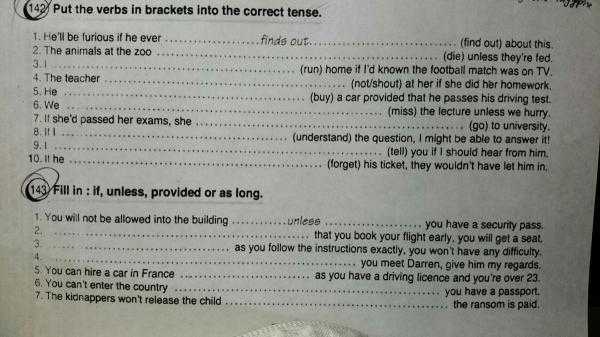 While the average normal body temperature is 98.6°F (37°C), a normal temperature range is between 97.5°F (36.4°C) and 99.5°F (37.5°C). Most pediatricians consider a temperature above 100.4°F (38°C) as a sign of a fever.
While the average normal body temperature is 98.6°F (37°C), a normal temperature range is between 97.5°F (36.4°C) and 99.5°F (37.5°C). Most pediatricians consider a temperature above 100.4°F (38°C) as a sign of a fever.
Observing other symptoms and behavior can also help you decide the seriousness of your child’s illness.
Appearance
- Reassuring Signs: Your child appears “bright-eyed” and alert.
- Worrisome Signs: Your child appears sleepy with “dull” eyes and little expression on his or her face.
- Serious-Illness-Likely Signs: Your child just stares “blankly” and has a “glassy-eyed” look.
Cry
- Reassuring Signs: Your child cries in the usual way at the usual things.
- Worrisome Signs: Your child’s cry sounds whiny. Your child is difficult to comfort and whimpers off and on.
- Serious-Illness-Likely Signs: Your child’s cry sounds weak.
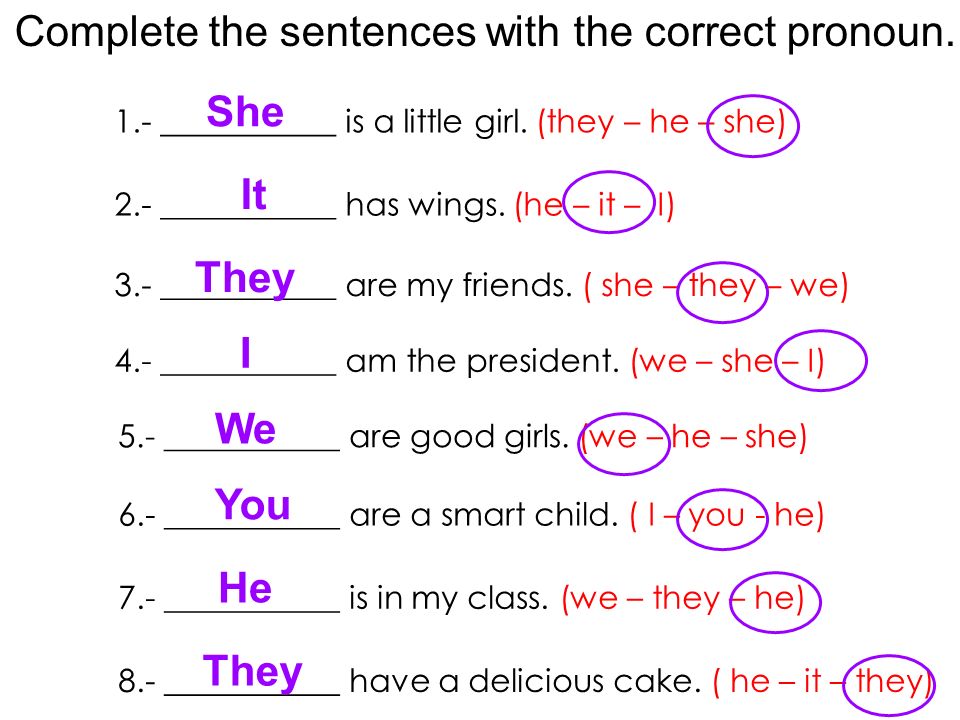 Your child continues to cry or moan even while being comforted.
Your child continues to cry or moan even while being comforted.
Activity Level
- Reassuring Signs: Your child plays and sleeps normally.
- Worrisome Signs: Your child is fussy when awake and sleeps more than usual.
- Serious-Illness-Likely Signs: Your child is hard to awaken and has little or no interest in playing.
Appetite
- Reassuring Signs: Your child asks for favorite foods and liquids and eats and drinks the requested foods and liquids.
- Worrisome Signs: Your child takes liquids or food if offered, but takes only a few sips of liquid or a few bites of food.
- Serious-Illness-Likely Signs: Your child pushes away or refuses all food and liquids.
Urination
- Reassuring Signs: Your child voids (pees) light yellow urine with the usual frequency. A baby should have six to eight wet diapers a day.

- Worrisome Signs: Your child voids dark yellow urine less frequently than usual.
- Serious-Illness-Likely Signs: Your child has very little saliva (spit), fewer tears than usual when they cry, and very little urine.
If all of the signs in all of the areas are “reassuring,” feel comforted that for the time being, your child is not seriously ill. However, remember that your child’s condition can change, so you will need to recheck signs on a regular basis. If your child has any “worrisome” signs, it is a good idea to report these to your doctor’s office and ask for advice. When “serious-illness-likely” signs are present, it is important that you make an appointment for your child to be seen promptly.
When you make the call to your doctor, give details such as when your child became ill, your child’s symptoms, and any signs that are “worrisome” or “serious illness is likely”, and any medications you have given. Do not be afraid to ask questions or have information repeated.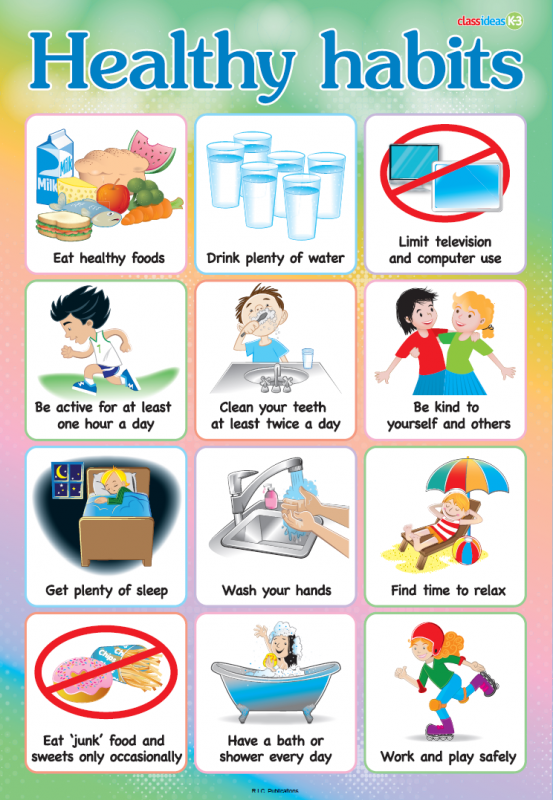
Unconsciousness, difficulty breathing, or abnormal color (very pale or blue), are obvious signs of a serious illness – call 911 if you ever observe these symptoms.
Common Colds – Safe Relief for Nasal Congestion and Cough
In the first 3-4 years of life, children catch an average of six to eight colds a year. The average cold can last three weeks. If you add up the time that your child is catching a cold, sick with a cold, and getting over a cold, almost half of the year is a “cold season”!
Until a child is old enough to blow his or her own nose, clearing the mucus with a suction bulb can make your child more comfortable. The use of over the counter saline nose drops (1-2 drops in each nostril) makes the mucus easier to remove. Saline nose drops can be purchased over the counter (without a doctor’s prescription).
Placing a cool-mist humidifier (vaporizer) in your child's room can help keep your child more comfortable. Be sure to clean and dry the humidifier thoroughly each day to prevent bacterial or mold contamination. Hot-water vaporizers are not recommended since they can cause serious burns.
Hot-water vaporizers are not recommended since they can cause serious burns.
For children over the age of one year, consider using honey to relieve a cough:
- Do not give honey to babies under one year—it is not safe.
- For children ages 1 to 5 years: Try half a teaspoon of honey.
- For children ages 6 to 11: Try one teaspoon of honey.
- For children 12 or older: Try two teaspoons of honey.
If honey is given at bedtime, make sure your child's teeth are brushed afterward.
Over the Counter Medicines
Do not use over-the-counter (OTC) medicines without first checking with your doctor. Many commonly available OTC medicines for can cause harmful side effects in children. Over-the-counter (OTC) cough and cold medicines should not be given to infants and children under 6 years of age because of the risk of life-threatening side effects. Many OTC cold medicines already have acetaminophen (Tylenol or generic) in them. Giving one of these medicines along with acetaminophen or (Tylenol or generic), would give your child a double dose.
Giving one of these medicines along with acetaminophen or (Tylenol or generic), would give your child a double dose.
Fever relief:
- If your child has a fever and is uncomfortable, give him or her single-ingredient acetaminophen (also known as Tylenol) or ibuprofen (also known as Motrin or Advil).
- For a baby 3 to 6 months old, give only acetaminophen. Check with your doctor first if your baby is younger than 3 months.
- Ibuprofen is approved for use in children 6 months of age and older; however, it should not be given to children who are dehydrated or who are vomiting repeatedly.
- Do not give your child aspirin, which has been linked with Reye syndrome, a rare but very serious illness that affects the liver and the brain.
- Always measure each dose using a device (syringe, cup, or spoon) that is marked in milliliters (mL).
Prevention
Healthy habits can help you and your child avoid illness and the spread of infection.
- Wash hands:
- after changing diapers, going to the bathroom, cleaning bathrooms, washing soiled linens/clothing
- after sneezing, coughing or blowing your nose
- after wiping or bulb suctioning your child’s nose
- before eating or cooking
- after visiting sick friends or family members
- after touching/caring for family pets
- Do not share drinking glasses, bottles, or silverware, or toothbrushes.
- Protect irritated skin from further irritation and possible infection (nose irritated from wiping/blowing, diaper irritation from having diarrhea). Petroleum jelly (Vaseline) can help a great deal with this.
How to determine that the child is ill? How to observe a child?
Young children have one feature of the body's reaction to the disease: general signs of the disease (symptoms) prevail over local signs of damage to a particular organ or system.
Most likely, a small child will not tell that he is starting to have a sore throat that he is dizzy , muscle weakness and fatigue appear, etc. Children tend to run and jump until the disease is in full bloom. This is what needs to be taken into account when assessing the state of health of the child. nine0005
One of the most common signs of illness is lethargy and loss of appetite . A healthy child is cheerful and active, eats well. If he does not sleep, then he is in a state of "perpetual motion".
Infants smile, walk, they usually have a clear alternation of periods of sleep and wakefulness, good appetite.
Older children run, jump, play, they cannot be kept in one place and do not attract attention for a long time. nine0005
The sick child becomes lethargic, does not smile and does not play, begins to "beep" for any reason, he is not interested in new toys and cartoons, he refuses his favorite food, he asks to sleep earlier than usual, sleeps more than usual (but unless he is overtired the day before). The baby begins to cry for no reason, refuses to eat, does not stop crying even in a full state. If this happens for no apparent and obvious reasons, you need to be vigilant. Perhaps these are just temporary whims. Perhaps you had guests the day before, and the child was just tired. Going to a circus or theater (stadium, cinema, long active games, etc.) at an older age can serve as a source of an excess of emotions (and we say - the child "overdid it"). nine0005
The baby begins to cry for no reason, refuses to eat, does not stop crying even in a full state. If this happens for no apparent and obvious reasons, you need to be vigilant. Perhaps these are just temporary whims. Perhaps you had guests the day before, and the child was just tired. Going to a circus or theater (stadium, cinema, long active games, etc.) at an older age can serve as a source of an excess of emotions (and we say - the child "overdid it"). nine0005
But most often these signs will be harbingers of the disease.
SO YOU SEE THAT THE CHILD IS NOT BEHAVIORING AS USUAL.
Do not rush to pester him with questions. Of course, a child of five or six years of age and older may complain of malaise himself. But even in this case, do not neglect objective observation. At a younger age, children do not localize their sensations and do not have abstract thinking. Therefore, to the question - “where does the stomach hurt”, they always point to the navel area, when asked “the head hurts?” - they answer “it hurts”, and when asked “maybe it doesn’t hurt?” The most common answer is "it doesn't hurt". nine0005
nine0005
It is very important to understand HOW to supervise children correctly. Do not perceive the child initially as an improved copy of yourself, do not burden your observations with some kind of expectations based on your own life experience or knowledge gleaned from literature. Do not try to FIND THE SYMPTOMS of the disease. Just record your observations, comparing them with how much everything you see is typical for YOUR child.
Remember that the experience and habit of watching a child without pressure, in a natural environment, will help develop a psycho-emotional connection between you - after all, you will learn to understand his body language, understand the meaning of his subconscious reactions to the world around you, including yourself. It is safe to say that your parental attention and love can be realized in real assistance to the development of your child, and will return in the form of his reciprocal understanding and assistance. nine0005
OBSERVING IS A DIFFICULT THING. It in itself can be both beneficial and harmful. Since this book is about the health of the child, it would be wrong to avoid this issue. Watch the child with interest, as an independent being, and you yourself will change your worldview. You will go from dissatisfaction with the dissimilarity between you (for some reason, it seems to parents that children must somehow justify some of their expectations) to the joy of realizing your relationship. The child will certainly perceive this understanding, although not consciously, and this alone will save him from0003 psychological tension , which is the deepest root cause of many disorders that later develop into complex systemic diseases.
It in itself can be both beneficial and harmful. Since this book is about the health of the child, it would be wrong to avoid this issue. Watch the child with interest, as an independent being, and you yourself will change your worldview. You will go from dissatisfaction with the dissimilarity between you (for some reason, it seems to parents that children must somehow justify some of their expectations) to the joy of realizing your relationship. The child will certainly perceive this understanding, although not consciously, and this alone will save him from0003 psychological tension , which is the deepest root cause of many disorders that later develop into complex systemic diseases.
Observe the child's general emotional and motor state. Both excessive lethargy and increased activity should alert you, turning into hysterical excitement. Sleep disorders and restless sleep behavior are also phenomena that deserve additional attention. nine0005
nine0005
Pay attention to how the child walks, whether he is limping, how he moves his arms (this may be a sign of damage to the bones, ligaments, joints or muscles), how he speaks and how quickly and accurately answers questions (this may be due to a disease nervous system or trauma), how it reacts to touch. Is he trying to turn away or cover his eyes from the bright light.
An alarming factor is change in appetite . If a child eats little and refuses his favorite foods, this may be evidence of the onset of the disease, and not necessarily from the digestive organs. nine0003 Disorders of the stool is also a sign of not only diseases of the digestive tract. Diarrhea may accompany many infectious and viral diseases, as well as nervous disorders and allergic reactions. Constipation and colic may be present with fever (for any disease) or even be the first symptom of serious acute diseases such as appendicitis, viral hepatitis or internal bleeding due to trauma.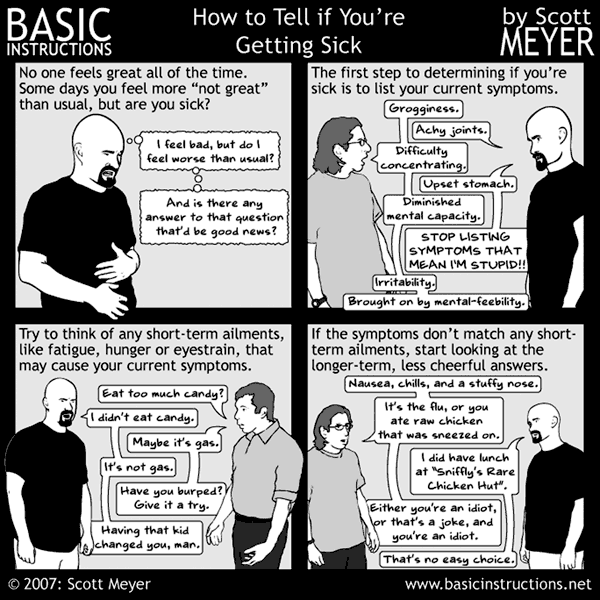 In case changes in the nature of physiological functions (frequency of stool and urination, color, composition of urine and feces), pain during administration - you should immediately contact a specialist.
In case changes in the nature of physiological functions (frequency of stool and urination, color, composition of urine and feces), pain during administration - you should immediately contact a specialist.
If a child constantly chews something, one should not rejoice at his healthy appetite. This may be a reaction to psychological discomfort, the first sign of a malfunction of the thyroid gland or other hormonal disorders.
Increase fluid intake often indicates that the child's body is trying to make up for its deficiency (in this case, you can find that the child sweats due to nervous strain, with viral infections, etc.). The same thing happens with intestinal disorders, poisoning or allergic reactions - the body is trying to overcome intoxication, and the child is thirsty.
A change in taste preferences may also indicate malaise. For example, refusal of favorite dishes or vice versa, the desire to eat something that he previously refused. It even happens that children put inedible objects into their mouths. A well-known example is when children and pregnant women eat chalk - their body lacks calcium. nine0005
It even happens that children put inedible objects into their mouths. A well-known example is when children and pregnant women eat chalk - their body lacks calcium. nine0005
The following is an examination of the skin for changes in their condition and the appearance of various rashes . Any unusual changes in the skin, subcutaneous fat and mucous membranes must be shown to a specialist. Pay attention to the presence of hematomas (bruises), swelling, limited mobility and changes in the shape of the joints (this may be a sign of their traumatic damage).
Ask your child how he feels, whether he fell the day before, hit his head, did not take any pills, did anyone treat him to unusual sweets or foods. This is especially informative for older children. Be sure to conduct the questioning in a confidential tone, without raising your voice, explain that there is no need to be afraid of anything. Otherwise, being frightened, the child will forget or simply be afraid to tell you something important.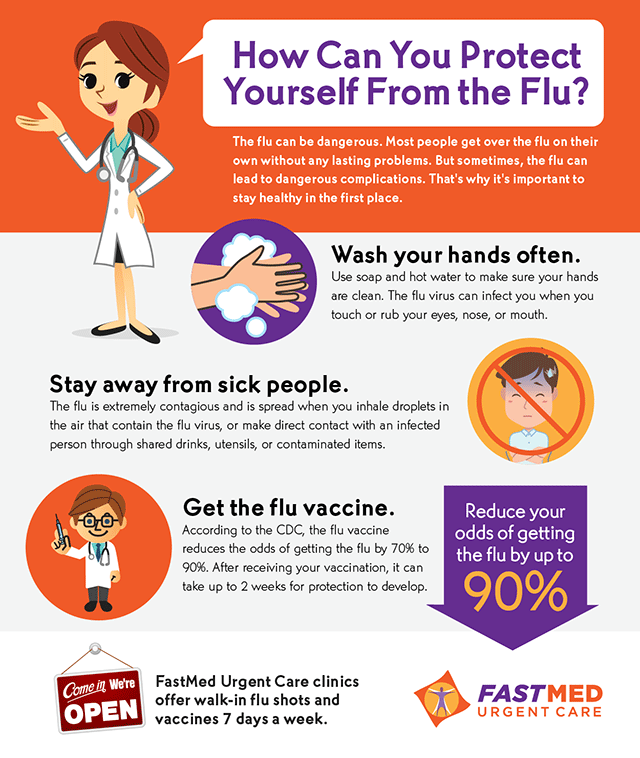 nine0005
nine0005
If you have a suspicion that the child is unwell, it is necessary to measure the child's body temperature . Elevated body temperature is the most common symptom of a wide variety of infectious diseases. It is best to do this several times a day at intervals of about three hours (the so-called three-hour thermometry). This will capture even short-term and slight fluctuations in body temperature. Body temperature is best measured with a mercury thermometer in the armpit. In infants, the use of electronic thermometers is possible, however, it is necessary to follow the instructions for its use very precisely and repeat the measurement several times in a row. Normal body temperature is considered to be from 35.5 o C up to 37 o C. In children under the age of 3 years, the body temperature can normally rise periodically and up to 37.5 o C. Any, even a short-term increase in body temperature above the established limits must be regarded as hyperthermia i.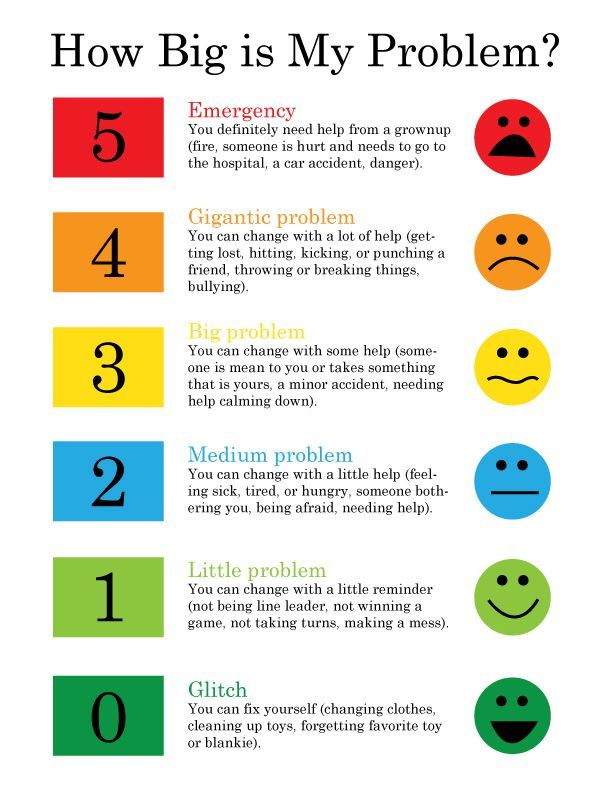 e. manifestation of the disease.
e. manifestation of the disease.
It is necessary to pay attention to the appearance or intensification of various catarrhal phenomena, such as runny nose cough hoarseness0004 . Children who attend kindergarten quite often have these manifestations, so it is necessary to assess not only their presence, but also their intensity.
All your observations must be somehow recorded so as not to miss anything during examination by a doctor. Every detail can matter, so it's best not to rely on memory - write down or mark somehow everything that caused you concern. After all, you can forget something, consider something insignificant, or simply forget to tell, switching your attention to something during the reception. nine0005
We will constantly remind you about the need to visit a doctor - a pediatrician, and then, if necessary, a narrow specialist.
If a child falls ill - articles from the specialists of the clinic "Mother and Child"
Archegova Galina Altafovna
Gastroenterologist, Gastroenterologist for children, Nutritionist
MD GROUP Clinical Hospital
It is known that children in the first months of life rarely get sick, for example, SARS. This is due not only to the fact that they do not visit public places, but also to the fact that there are protective factors in their blood that were passed on to them by their mothers. Gradually, the level of these factors decreases, and the likelihood of respiratory disease, respectively, increases. nine0005
This is due not only to the fact that they do not visit public places, but also to the fact that there are protective factors in their blood that were passed on to them by their mothers. Gradually, the level of these factors decreases, and the likelihood of respiratory disease, respectively, increases. nine0005
If a child of the first 6 months of life has a viral infection, which theoretically should be protected by immunity inherited from the mother, then this is a situation that goes beyond the norm. Therefore, in this case, you should immediately consult a doctor. Even if the disease is mild, only in the form of a runny nose and sneezing.
If a child in the second half of life who already “has the right” to get sick falls ill, then in cases of a mild form of the disease with a temperature within 38 °, with minor symptoms of a cold, one can independently, based on one’s own experience, begin treatment using certain means. nine0005
It has been known for many years that one of the protective factors, interferon, is weakly secreted at temperatures below 38°C, which can weaken the immune response in general. Therefore, there is no reason to consider a decrease in temperature in all cases as necessary. In addition, the use of antipyretics can lead to side effects.
Therefore, there is no reason to consider a decrease in temperature in all cases as necessary. In addition, the use of antipyretics can lead to side effects.
When the temperature rises, the skin vessels dilate, which allows the body to balance heat production and heat loss. Therefore, it is not necessary to wrap up a feverish child, to cover him with blankets, this can only impede heat transfer. There is no need to be afraid that the temperature will “roll over the top”, will rise indefinitely. In the vast majority of patients, the temperature does not exceed 39°. However, at higher temperatures, the heat output may not match its products.
This situation - it is called a malignant temperature - is extremely dangerous. It is not difficult to recognize it - while the surface of the child's body acquires a motley "marble" color, the skin, especially the hands and feet, remains cold despite the fever. In these cases, it is necessary to rub the skin vigorously until it turns red and give an antipyretic.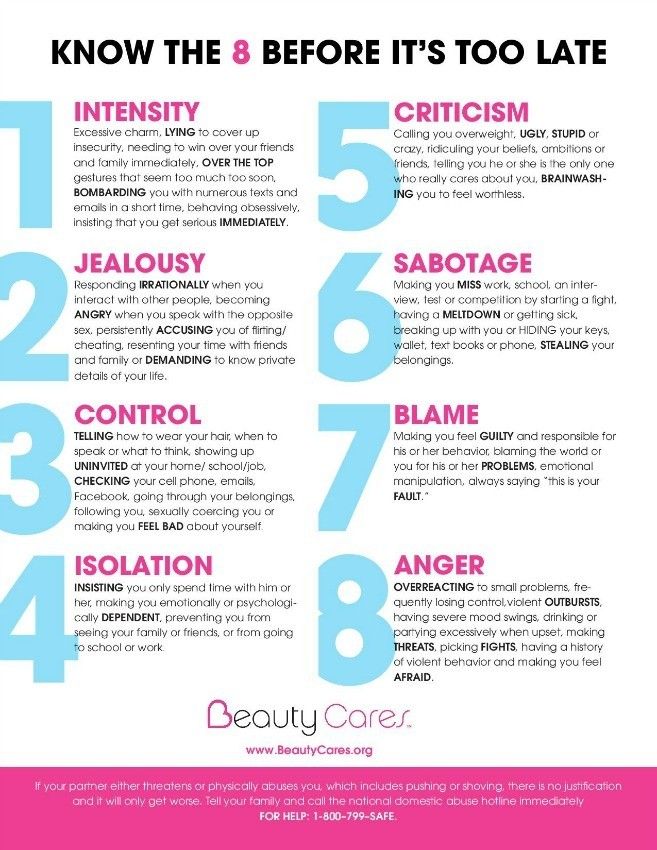 A child with a fever should be put to bed and provided with plenty of fluids to prevent excessive fluid loss. nine0005
A child with a fever should be put to bed and provided with plenty of fluids to prevent excessive fluid loss. nine0005
If a child is ill, the first thing to do is DON'T PANIC. Most problems are born out of panic. Call your pediatrician immediately.
Before he arrives, take a temperature measurement.
Make sure that the room where the child is located is ventilated and the air is fresh. Don't forget to increase your drinking. Experts note that if the child drinks enough, then you can not be afraid that the temperature will pose a danger to him.
There is a very small group of children who, in response to any infection, overreact, that is, they immediately develop a high temperature, heart and lung failure, loss of consciousness, convulsions immediately occur. Therefore, if a child's temperature creeps up, despite the measures you take, the bill goes to hours and minutes. nine0005
The easiest and best way out in this situation is to call an emergency or a pediatrician and hospitalize the baby in a hospital, where all the necessary examinations will be performed and treatment prescribed, and, most importantly, the child will be under the supervision of a doctor around the clock, since the children have a condition can get heavy in a matter of hours.
As the head of the children's consultative and diagnostic center of the Perinatal Medical Center, which includes not only a polyclinic, but also a boxed department for infants and older children, I categorically do not advise you to go to hospitals yourself, “choosing” a hospital. For this, there is emergency care, which, in accordance with the diagnosis, will take the child to a specialized medical institution, depending on the availability of vacant places in it. nine0005
I would like to note that the conditions of his stay in the hospital are of great importance for a child, especially at an early age. Individual wards - boxes, round-the-clock stay of a mother with a child, everything necessary for a comfortable stay, modern materials in interior decoration, colors of walls and floors - taking into account the favorable psychological impact on the child - all this is available in the rehabilitation department of the Perinatal Medical Center. In addition, the uniqueness of this department for Moscow lies in the fact that the Center has not only a children's hospital, but also a polyclinic children's department, and specialized traveling children's teams.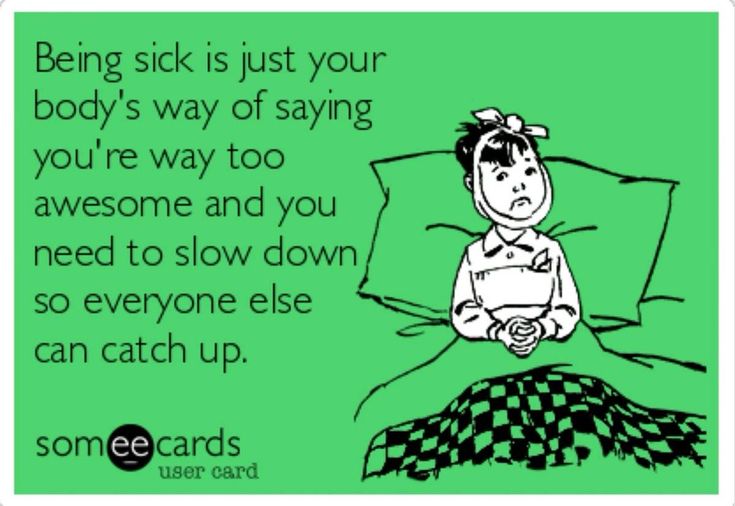 Thus, the principles of continuity and phasing are fully respected. In the event of a critical situation, a team of pediatricians goes to provide medical assistance and, if necessary, the child is transported to the children's boxed department. Therefore, it is not for nothing that the medical staff of the PMC departments is considered one of the most qualified, because they have to deal with the most difficult situations. nine0005
Thus, the principles of continuity and phasing are fully respected. In the event of a critical situation, a team of pediatricians goes to provide medical assistance and, if necessary, the child is transported to the children's boxed department. Therefore, it is not for nothing that the medical staff of the PMC departments is considered one of the most qualified, because they have to deal with the most difficult situations. nine0005
Of course, a child's illness is a misfortune. But faith in the successful resolution of the situation, in the child’s own strengths and strengths, and the professionalism of doctors can work wonders. The purpose of our article is not to intimidate future and current parents, but to warn. Convince to be as attentive as possible to the health of the child. After all, as you know, forewarned is forearmed. So, if you notice even minimal deviations in the condition of the baby, then do not treat yourself, consult your doctor. nine0005
For every family, the most important thing in life is the happiness and health of their child.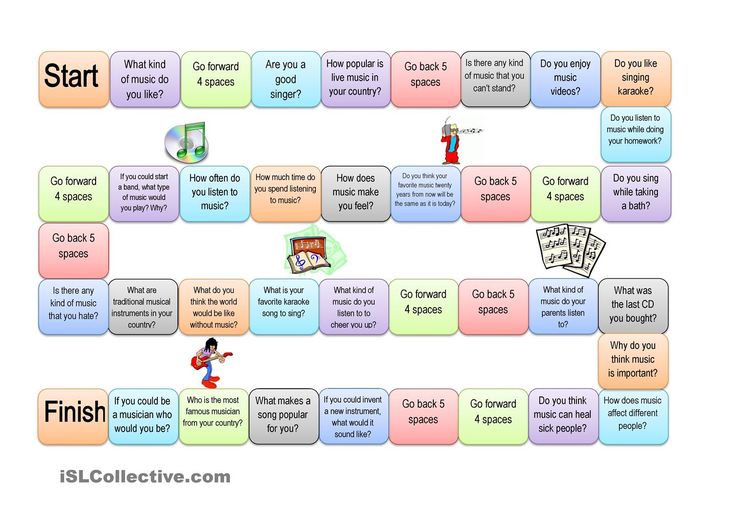 But, unfortunately, children often get sick. We sincerely wish you and your children good health, but if the child gets sick, try to "pull yourself together" and do not panic! Your task is to help your child as much as possible! Emotions should fade into the background.
But, unfortunately, children often get sick. We sincerely wish you and your children good health, but if the child gets sick, try to "pull yourself together" and do not panic! Your task is to help your child as much as possible! Emotions should fade into the background.
Make an appointment
to the doctor - Archegova Galina Altafovna
Clinical Hospital MD GROUP
GastroenterologyPediatric gastroenterology
By clicking on the send button, I consent to the processing of personal data
Attention! Prices for services in different clinics may vary. To clarify the current cost, select a clinic
Clinical Hospital MD GROUPClinical Hospital Lapino-1 "Mother and Child"Children's Clinic KG "Lapino" on New Riga (branch)Clinic "Mother and Child" KuntsevoClinic "Mother and Child" SavelovskayaClinic "Mother and Child" South-WestClinic "Mother and Child" » Novogireevo
All directions
01.